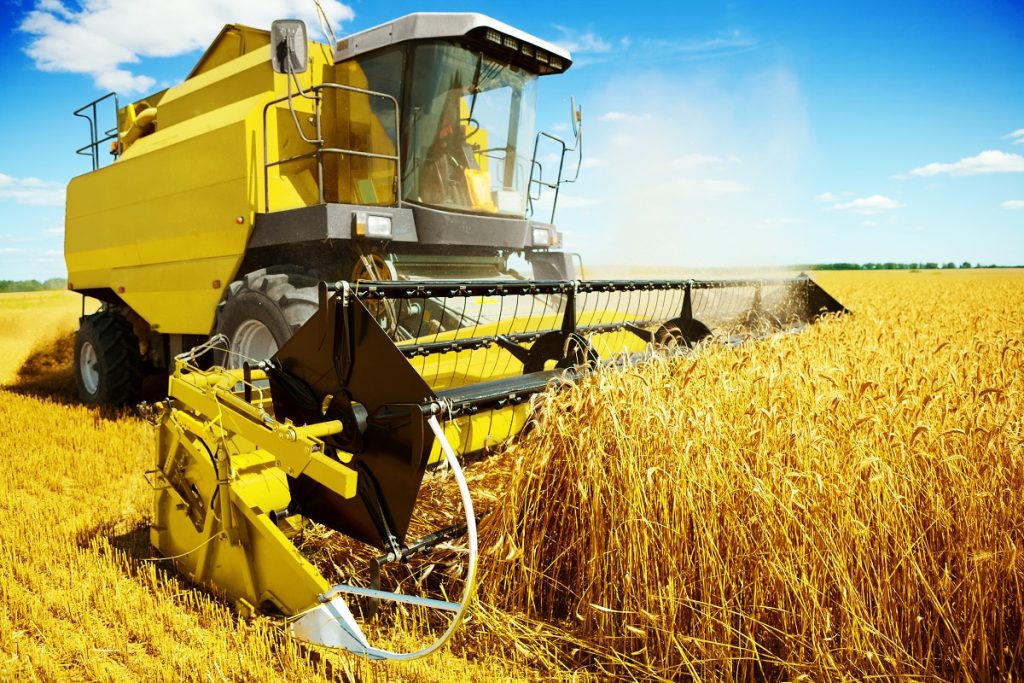- The agriculture sector is heavily benefitting from automation, increasing efficiency, crop quality, and reducing costs.
- Automation allows for effective scalability and comprehensive data management, facilitating informed decision-making.
- Harvest automation, popular among farmers, significantly reduces labor and time spent planting and harvesting.
- Drone technology aids crop monitoring and issue detection while spreading fertilizer.
- Agriculture robots assist in field inspection, planting, and harvesting, boosting efficiency and reducing labor costs.
Automation is the way forward for every industry, and agriculture is no exception. Automation is revolutionizing the agriculture industry and bringing massive benefits to business owners and entrepreneurs. Automated technology, such as precision agriculture, is helping businesses to increase their yields, improve efficiency, reduce costs, and boost their profits. If you’re a business owner or entrepreneur in the agriculture industry, you’re probably wondering how automating your business can benefit you and your farm. Here’s a short look into the industry, reasons to invest in automation to be competitive, and the best automation systems for your business.
The Agriculture Industry in The U.S.
It’s estimated that the agriculture industry contributes about one trillion dollars to the country’s GDP annually, making it one of the most critical industries in the nation. The industry comprises mainly small businesses and medium-sized farms responsible for producing the bulk of our domestic food supply. The sector employs millions, contributing to much of the American workforce.
Benefits Of Automation In Agriculture
Automating your agriculture has various benefits. Here are some of them:
1. Increased Efficiency
Efficiency is critical to the success of every agriculture business. Automating your farm can increase efficiency in many ways. For instance, automated irrigation systems can control the amount of water your crops receive based on soil moisture levels, which can increase water-use efficiency. Automating your planting, harvesting, and other farm tasks can reduce labor costs and improve efficiency. With automation technology, you can complete tasks much faster, allowing you to focus on other aspects of the business and increase productivity.
2. Improved Quality

Automation can help you produce higher-quality yields. With precision agriculture technology, you can monitor your crops’ growth, identify areas that need improvements, and make necessary adjustments, such as adjusting the soil’s pH level. Automation can also help you maintain consistent crop quality and reduce the risk of errors. This can help you build a reputation for producing consistently high-quality yields and, as a result, build relationships with buyers.
3. Reduced Costs
Automation can significantly reduce costs for any business. Automation technology can help you save on labor costs, especially if you struggle to find labor for your farm. Automating processes like planting and harvesting can also reduce costs spent on fuel and fertilizers by increasing accuracy. Automated drone technology can help you monitor your crops’ health and detect early symptoms of diseases, which can reduce the costs of pesticides and other chemical treatments.
4. Scalability
Automation technology can help you scale your agriculture business. With automation, you can quickly increase your output without worrying about hiring additional workers. As your business grows, you can add more automation technology to scale accordingly. This means that you can increase your profits while reducing your overhead costs.
5. Data Management
Automating your agriculture business also means that you can collect data on various aspects of your farm operations. Data collection can help you make informed decisions about crop production, labor management, and investments. You can use data to identify areas that need improvements, such as areas prone to pest infestations or areas with poor soil quality. Data also helps optimize your operations, reduce risk, and improve the overall performance of your farm.
Best Automated Systems For Your Agriculture Business
Now you know the benefits of automating your agriculture business, here’s a look at some of the best automation systems for your farm.
Harvest Automation

Harvest automation is one of the most popular automated technologies for farmers. It can help you save time and labor costs on planting, harvesting, sorting, and packaging tasks. For businesses that produce large crops regularly, harvest automation can be especially beneficial.
Drone Technology
Drones are becoming increasingly popular in the agriculture industry and for good reason. Drones can help you monitor your crops and identify issues before they become problematic. They can also help reduce labor costs by spreading fertilizers or spraying pesticides quickly and accurately from the sky.
Pick and Place Technology
Automated arms that pick and place items are essential for product production. Pick and place automation works by detecting and picking up products from a conveyor belt and placing them in the appropriate location. This technology can help you package your products quickly and accurately, saving you time and money.
Robotics
Robotics have become an integral part of the agriculture industry, helping farmers reduce labor costs and increase efficiency. For example, robots can inspect fields for pests, monitor crop growth, and identify areas that need improvements. Robotics can also help reduce labor costs by performing tasks like planting, harvesting, and sorting quickly and accurately.
Automation in agriculture is a game-changer, offering many advantages, from increased efficiency and quality to cost reduction and easy scalability. Embracing automated systems like harvest automation and robotics will facilitate smoother operations and future-proof your agriculture business. The key is understanding your business needs and selecting the appropriate technology that aligns with your goals. As the sector continues to evolve, one thing is clear: automation is not just the future of agriculture – it’s the present.
